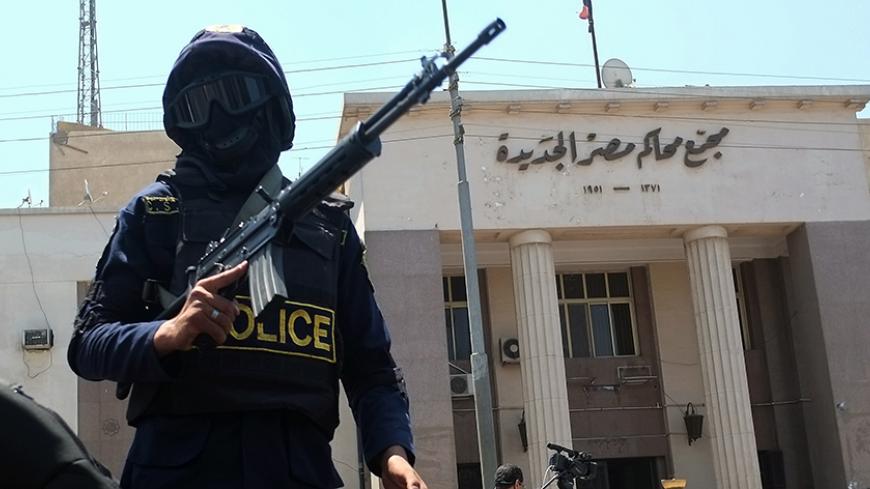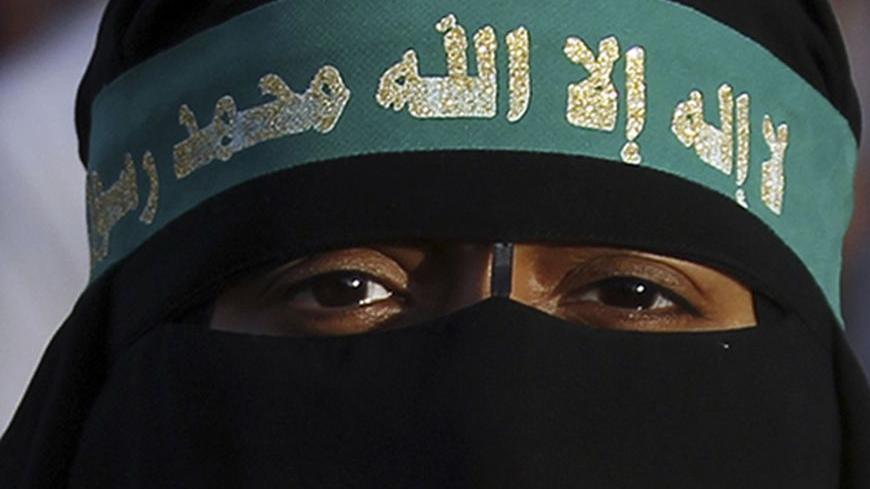Can Egypt's Brotherhood restore ties with Cairo?
Don’t expect the Egyptian regime to forgive or forget the serious crimes of Muslim Brotherhood leaders, but there may be some hope for youthful offenders.

Dealing with facts is the only way to make logical predictions, and the facts do not favor a reconciliation between the Egyptian regime and the outlawed Muslim Brotherhood.
Since the ouster of Egyptian President Mohammed Morsi in 2013, the facts have never pointed toward a potential compromise between the Brotherhood and the governments since then: the transitional regime that was led by President Adly Mansour, the head of the Supreme Constitutional Court, or the current regime headed by President Abdel Fattah al-Sisi, elected in 2014.






